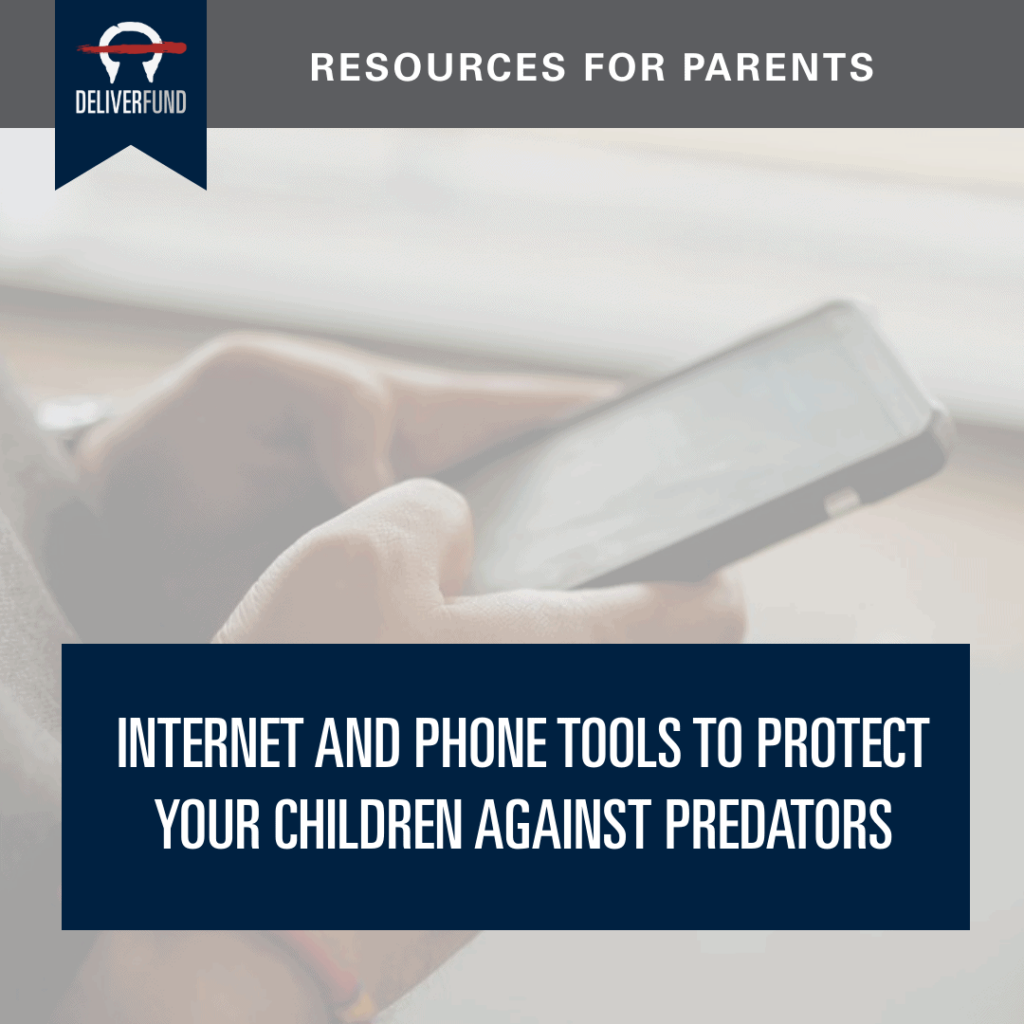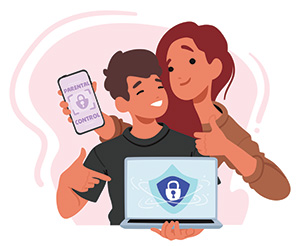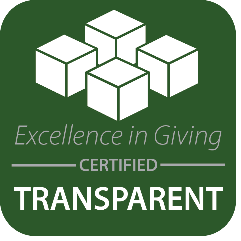Most children receive a cellular device at the age of 10.3 years. It is well known by now that social media is often used by predators to exploit our children and groom them as potential victims. As parents, it is up to us not only to educate ourselves on the technology that our children are using, but also the technology that is available to us to protect them against criminals who try to access them through the safety of internet anonymity.
1 in 5 children who use the internet have been sexually solicited; 1 in 4 have seen unwanted pornography; nearly 60% of teens have received an email or instant message from a stranger; and half reported they have replied to messages from strangers.
During this time, when we are still navigating the uncertainties of the coronavirus, we have to be more vigilant than ever when it comes to Internet and phone access. It is imperative as parents that we instill best practices for our children to remain safe online as they navigate cyberspace and keep them safe from online exploitation and human trafficking.
Although not a comprehensive list, below are a few of the tools that we recommend for Internet and phone safety:
Netsanity
Link: https://netsanityfree.com/
Parents can sign up for a free service for life from Netsanity to block all porn and provide safe search sites for their kids.
According to Netsanity’s site, for the last six years, they have “been at the forefront of protecting children and teenagers on their mobile devices.” During that time, they have seen how porn and X-rated content online is a much bigger problem than one might think. You can use Netsanity to “block all porn, create a safe search environment, and protect your family 24/7/365, in your home or away – for FREE.”
NetSmartz
Link: https://www.missingkids.org/netsmartz/home
NetSmartz is the National Center for Missing and Exploited Children‘s online safety education program. It’s a website with relevant educational tools for parents, tweens, teens and for educators for information related to cyberbullying, gaming, online enticement, sexting and sextortion, smart phones and social media.
Due to advancing technology and the use of the Internet to communicate, most conversations between tweens and teens occur via online platforms or through an app on their cellular devices. So it is important we assist our children in navigating these spaces safely and have continued open conversations with our children to ensure safe practices. We must continually update our messages to our children as technology advances and as our children grow and mature into different areas of identified concerns. Unfortunately, if we do not have these conversations with our children, the stranger on the Internet they meet will.
Verizon Smart Family
Link: https://www.verizonwireless.com/solutions-and-services/verizon-smart-family/
Verizon Smart Family is a service that gives you parental controls to help manage your kids’ smartphone use. According to their site, from a single app, you’ll be able to: “Use content filtering. Limit and monitor calls, texts and purchases and “use location tracking and check-in features. Prices range from 4.99 to 9.99 a month or is included in a Just Kids phone plan.”
AT&T Secure Family
Link: https://www.att.com/features/secure-family-app/
AT&T has a parental control app which allows a parent to filter content, monitor activity, and track their child’s location. Pricing begins at 7.99 a month.
Although the two above services aren’t free, you may consider it easier to have an app available to you for an additional cost if your child is already part of a family phone plan.
NetNanny
Link: https://www.netnanny.com/
This app is similar to the above products offered by Verizon and AT&T, but the standout is that it can be used across multiple platforms of iOS and Androids simultaneously. It also works with Kindle Fire devices. This application allows for GPS tracking, internet monitoring, screen monitoring, and customizable alerts.
Navigating your children’s social media and Internet boundaries can be a challenge, but honest conversations and sound protective measures can go a long way towards keeping your children safe and giving you more peace of mind.









